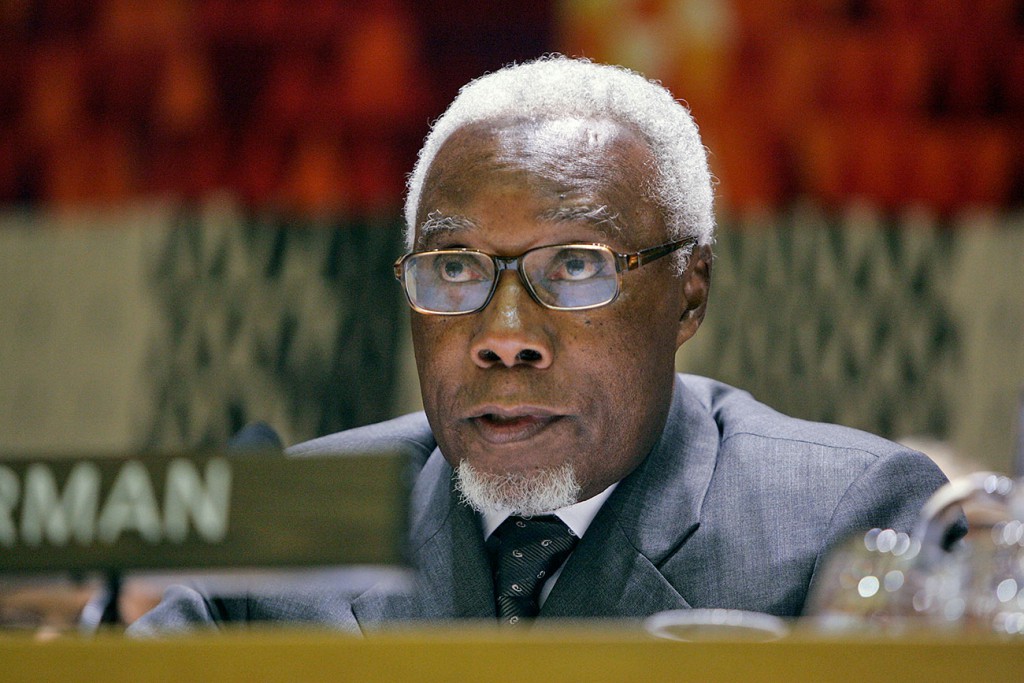
ACCORD represented at seminar on regional perspectives on peacebuilding in Africa
Seminar on frameworks for effective post-conflict responses co-organised by the Dag Hammarskjöld Foundation and the AUC.

Seminar on frameworks for effective post-conflict responses co-organised by the Dag Hammarskjöld Foundation and the AUC.
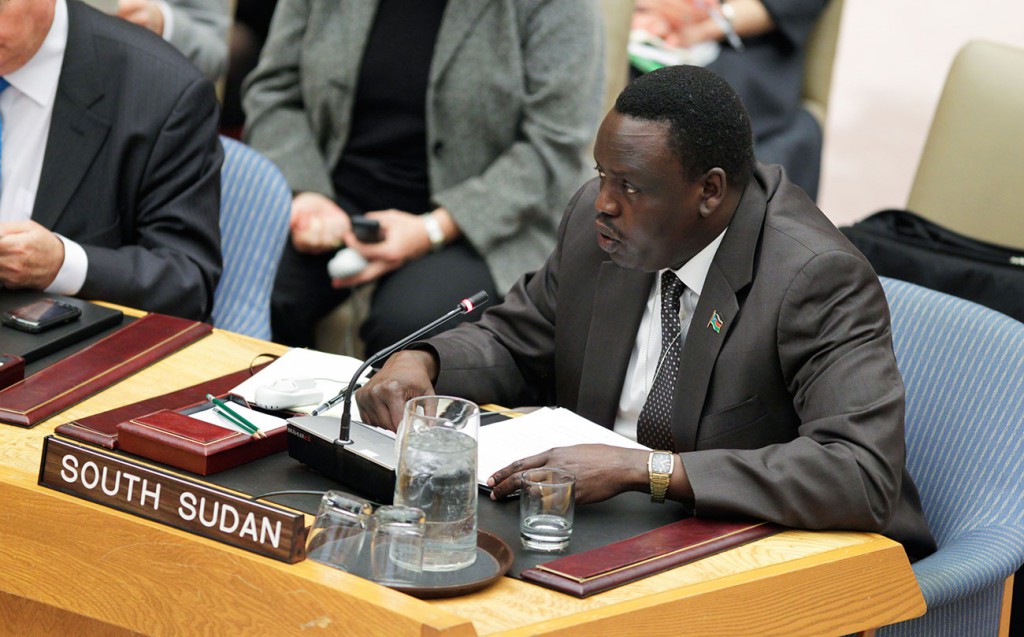
15 participants from South Sudanese government and civil society embarked on a week long study tour to Pretoria.
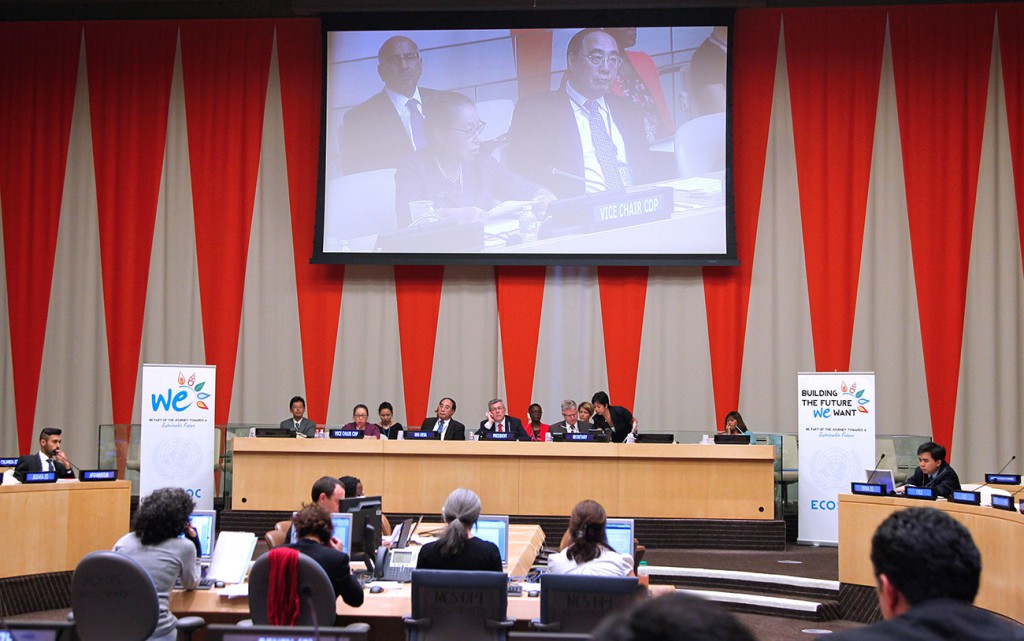
The forum provides a platform to assess threats that undermine the efforts and achievements of current peace operations.
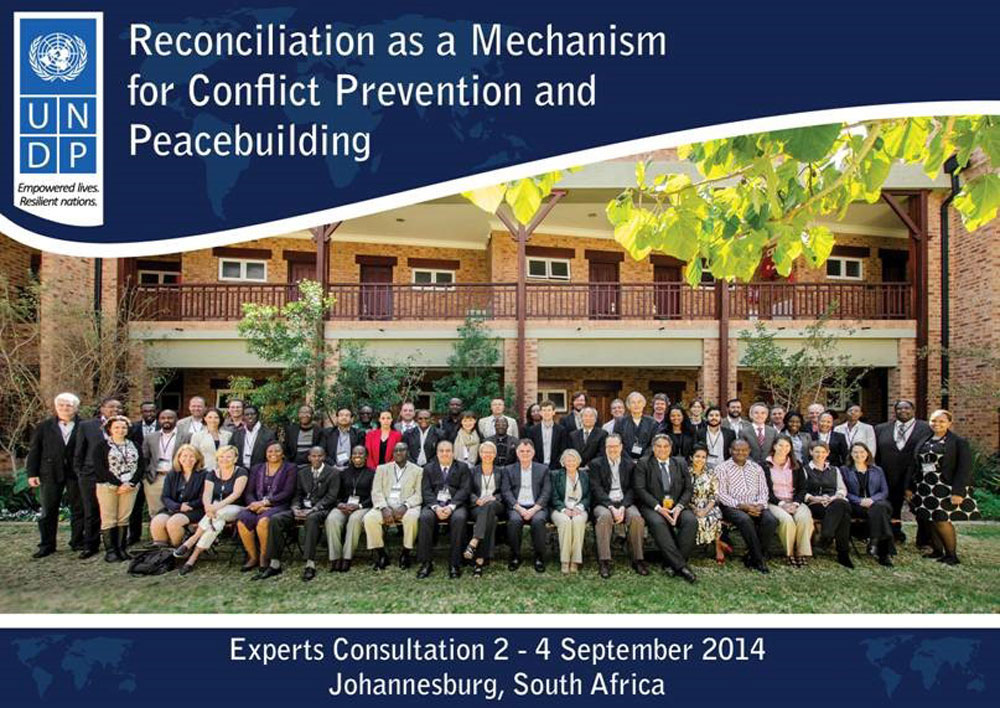
ACCORD contributes to the United Nations Development Programme’s Experts Consultation held in Johannesburg.
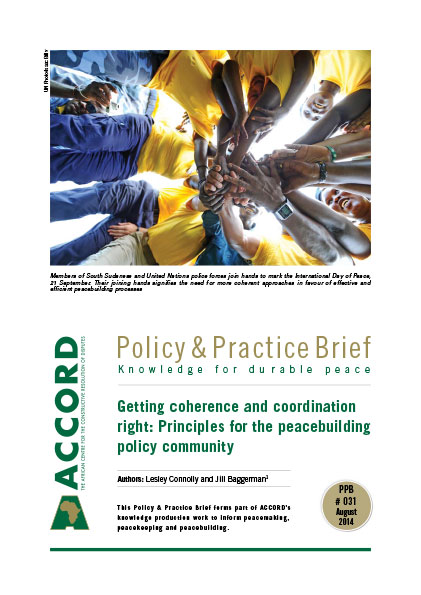
Connolly and Baggerman elucidate some taken-for-granted definitions of important peacebuilding terminology, and how such misunderstandings affect peacebuilding efforts.
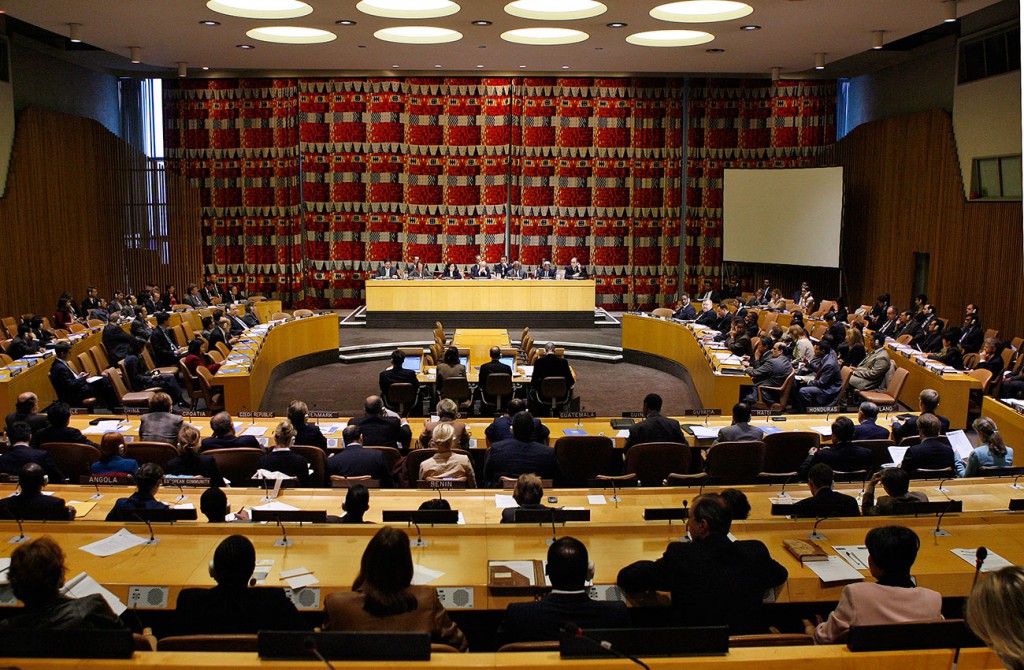
Strengthening partnerships between the UN’s internal departments and external collaborators and organisations.
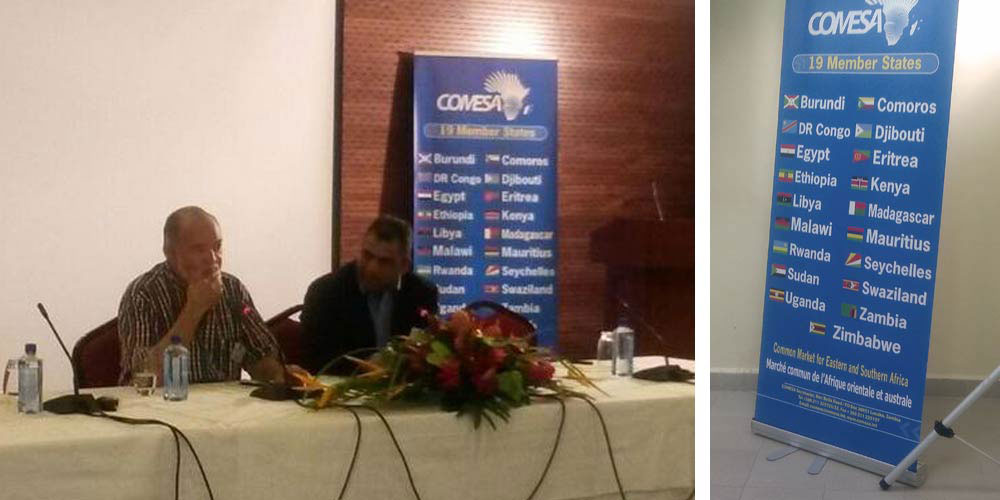
ACCORD provided moderation and delivered presentations at two forums hosted by the Common Market for Eastern and Southern Africa.
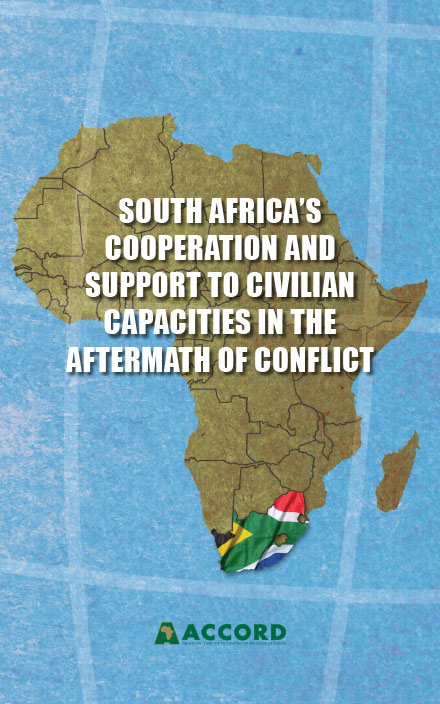
According to the United Nations (UN) Secretary-General’s 2011 report titled “Civilian capacity in the aftermath of conflict” (United Nations 2011a) it is clear that countries emerging from conflict are typically
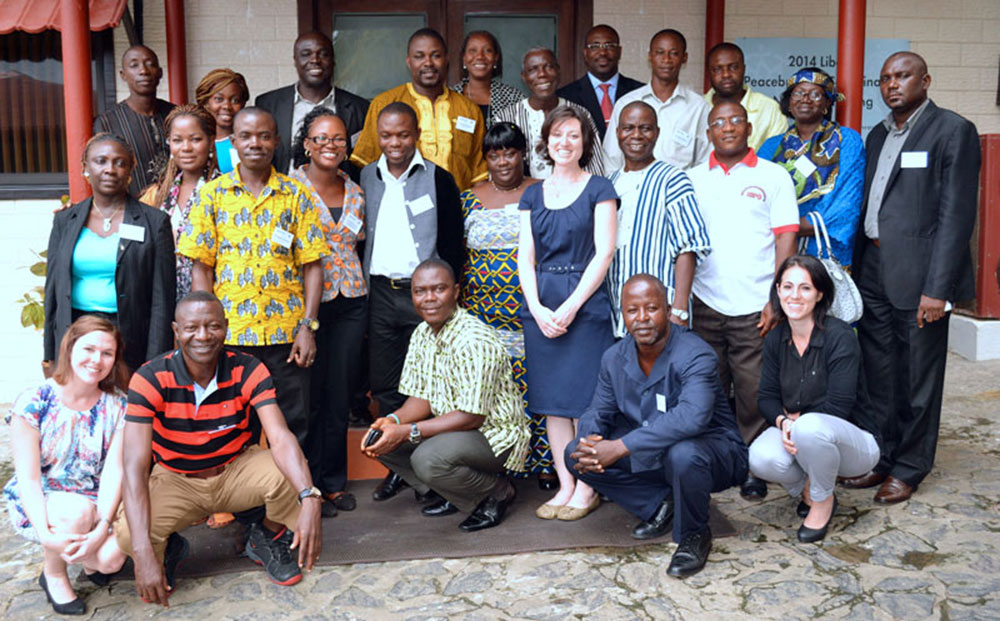
Liberian stakeholders receive training to strengthen their ability to apply analytical and managerial skills to their organisations’ projects.
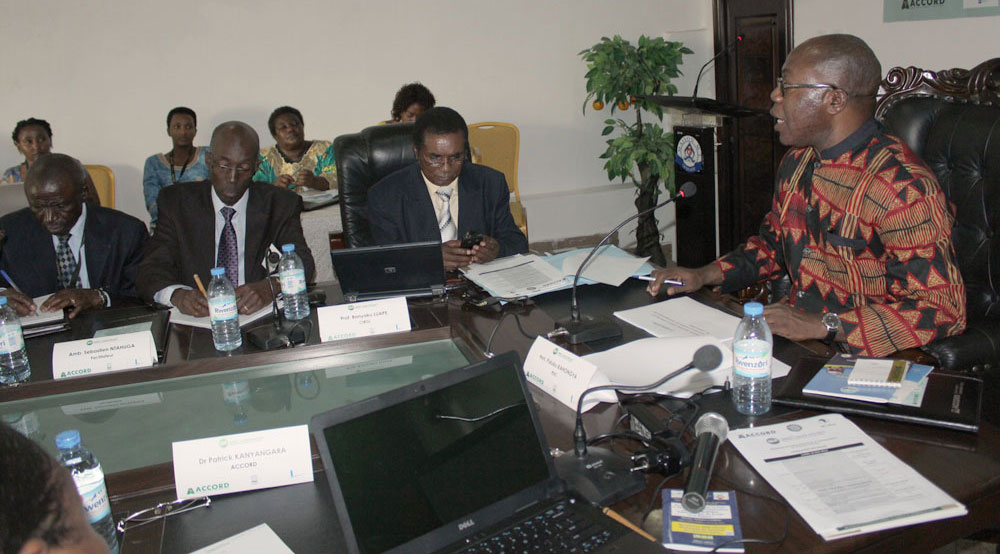
Peacekeeping organisations from four countries in the Great Lakes Region receive training and explore possibility of cross-border collaboration.